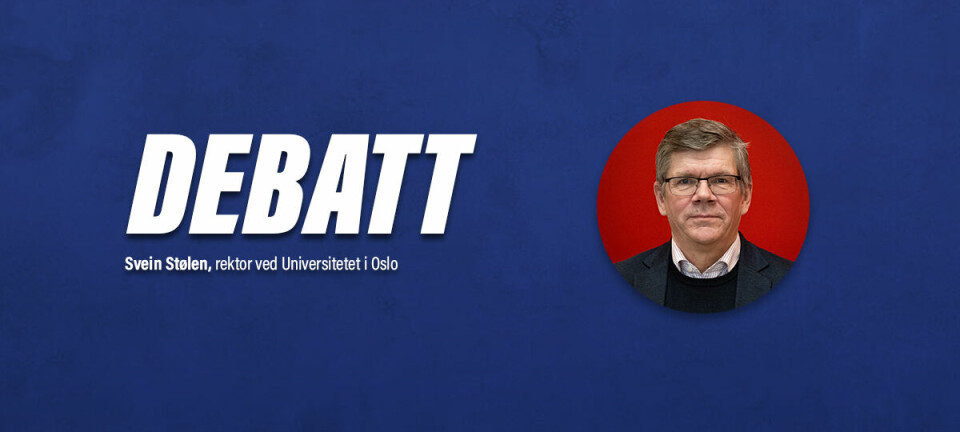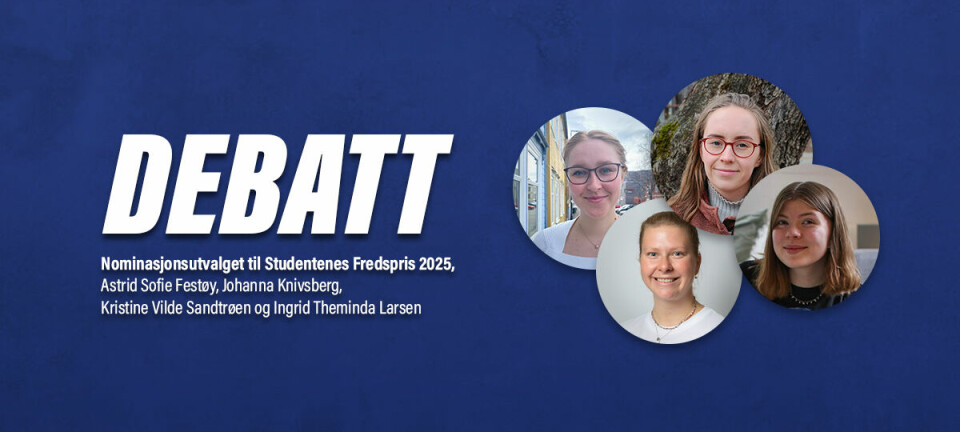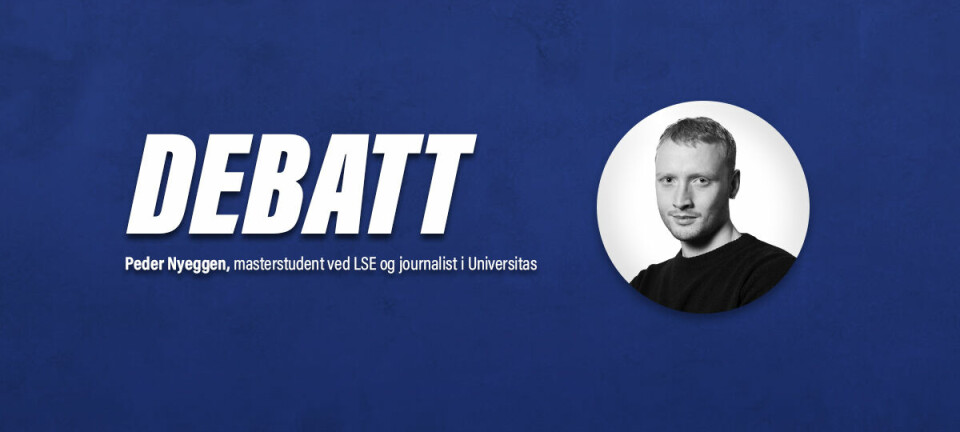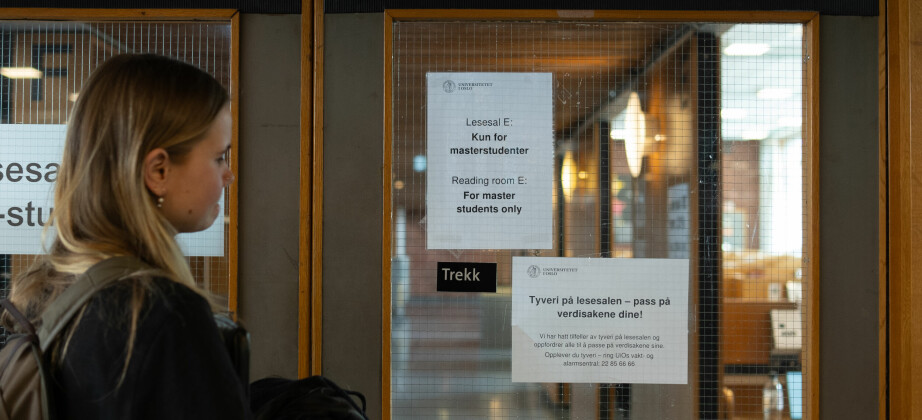
Sweden introduces tuition fees
Tuition fees on more than one hundred thousand kroner seems to be introduced in Sweden from 2011. That means that Norway will be the only country in Scandinavia where higher education is free for all.
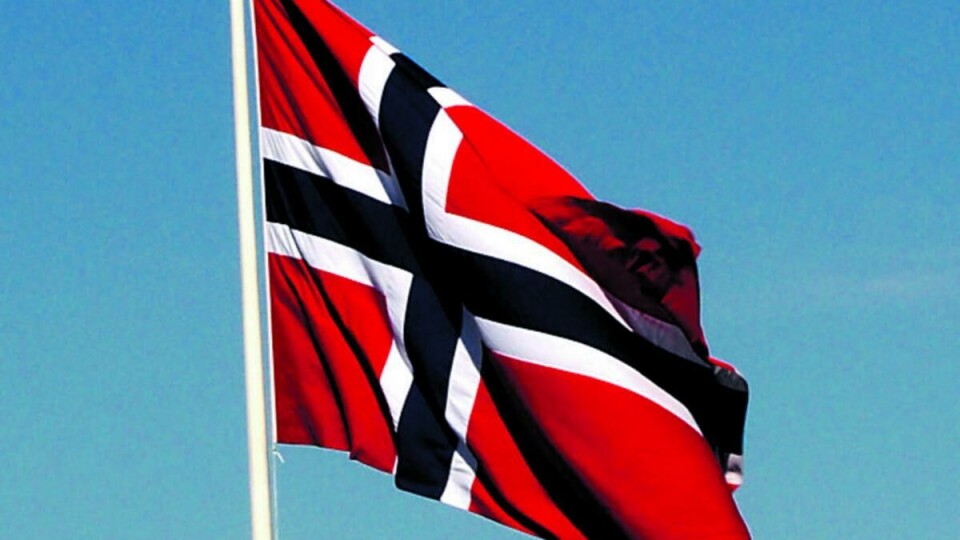

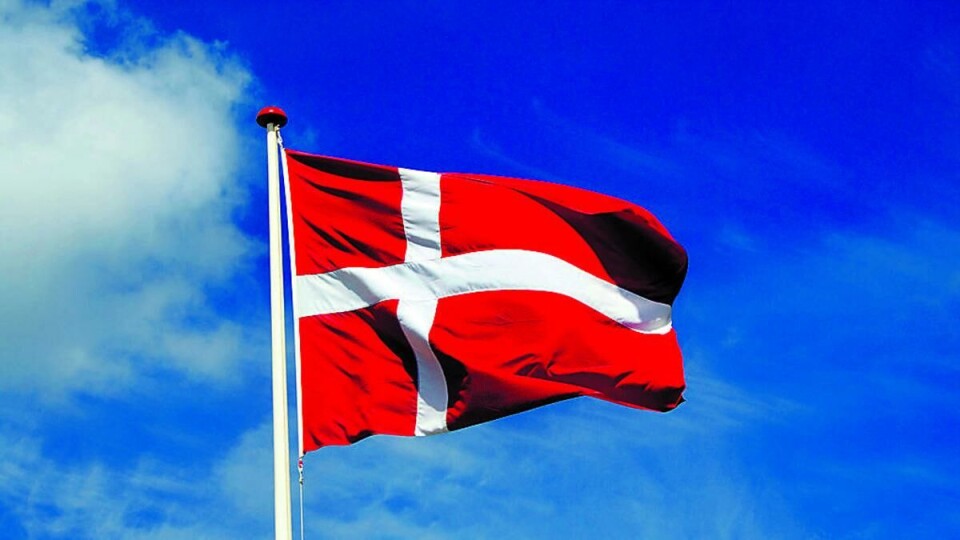
– We are upset. This is a step backwards for welfare, and it also dents the viewpoint that Scandinavia consists of knowledge nations where every person has the same opportunities and rights to educate themselves, says Robin Moberg, vice-chairman in the Swedish Student Union, Sveriges förenade studentkårer (SFS).
The tuition was suggested in next year’s draft budget by the non-socialist coalition government in Sweden. The suggestion is that all students from countries outside the EU/EEA have to pay a tuition fee. The fee is to cover the whole study program, and the specific amount of money is to be decided individually by each of the education institutions. Results from Denmark, who introduced a similar arrangement in 2006, show that the tuition fees have come up to an amount of 100 000 Norwegian kroner.
Fears for the principle of free education
– We hope that Norway acts against this attempt at shutting people out of Europe rather than following the example, says Moberg.
The resolution has aroused reactions in Norway, too.
– The initiative is not good. The planning of tuition does not assure internationalizing or the same rights to education, says Anne Karine Nymoen, president of The National Union of Students in Norway (NSU). She fears that the liquidation of the principle of free education is spreading.
– We consider it a frightening development when this has happened in several European countries, and we are worried it will happen in Norway. If that happens, we will fight it.
Lacks reliability
– The Swedish higher education’s resources will be emptied if we pay for the all the international students' education, says spokesperson Eva-Marie Byberg in the Swedish Ministry of Education.
– The 420 million kroner we save on this will be used in the education sector. Our goal is that Swedish educational institutions shall attract students with promise of quality, not free education.
Moberg calls this assertion a piece of nonsense.
– The government fails to promise that the money they save on tuition will gain the universities. Most probably, the universities will lose students, and then there won’t be any money to stem the cuts in the grant. In addition, there are several master’s degree studies, especially in technical fields, that we know are threatened because nearly all the students are foreign. The diversity in the educational system will be threatened if these students disappear. All in all this arrangement will involve a shortage of quality.
Would lose international students
– Norwegian education isn’t poor in quality, but it needs a distinctive feature to attract international students. Today that feature is that the education is free. If this wasn’t the case, the good students would probably go to England to study instead, points out president in International Students Union in Norway, Farshad Tami.
– I estimate that approximately 4 000 students in Norway would be struck by an arrangement similar to the one in Sweden. The universities would earn only pocket fluff from a tuition fee, and most of the 4 000 international students probably wouldn’t be in any economic condition to study here. These students have to show to at least 85 000 kroner in the bank to get a visa.
– An advantage for Norway
Even though our closest neighbors have introduced a fee it doesn’t mean that it’s bad for Norwegian education, claims Tami.
– The students who consider coming to the Nordic countries will probably put Norway as their first choice if the education is several hundred thousand kroner cheaper. Consequently the number of students won’t necessarily increase, but the level of skill on the students who do come, will undoubtedly be higher.
In need of a Norwegian debate
While the introduction of tuition fees in Sweden and Denmark is supported by both right wing politicians and social democrats, no Norwegian parties have yet agreed upon a similar policy.
– The fees have gained support in Sweden partly because of the conservative wind that blows and partly it has become easier to promote it as a quality measure as a consequence of the very limited grants given to the whole sector, says Moberg.
The student organization of the Conservative Party Høyre doesn’t rule out the possibility of tuition fees in the future.
– We haven’t discussed a specific solution in the student organization, but we think that the time is right for a debate on how we are to keep the university sector going, economically. A tuition fee can be a necessary instrument, says Sigve Sand, president for the student organization of the Conservative Party Høyre.
The president of NSU wants to avoid that debate.
– It should be the government’s job to make sure that the education is both good and free. But we still see that the debate about tuitions might be forced through in Norway, too, if the support to the educational sector is pressed even further. That would be a terrible pity, since internationalization is a value in itself, says Nymoen of NSU.
– Will remain free of charge
Toril Johansson in the Ministry of Education and Research thinks that tuition fees still are kept at a safe distance in Norway.
– The principle of free education is fixed in Norwegian law, and it is Norwegian politics' responsibility to make sure that education remains free of charge. We think that internationalization is important, and with a complete budget of 20 billion kroner we count on the sector to be able to handle the students in a good way, also without the extra income a tuition fee might provide, says Johansson.
Emil Flatø • Translated by Ingrid F. Brubaker
















